Youth Advocacy in Action (Spring 2023)
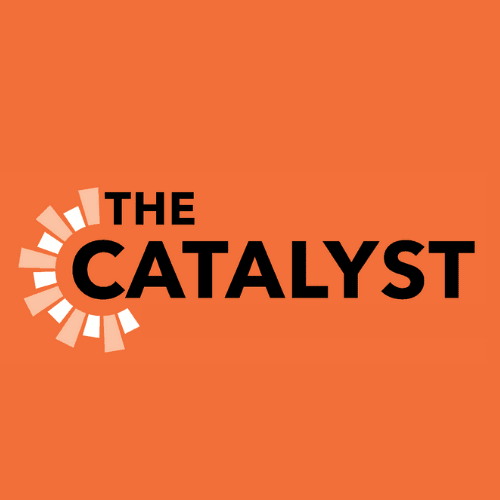
The world is watching
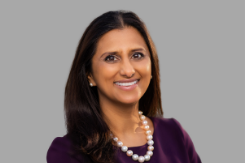
On June 24, the world watched as the U.S. Supreme Court rolled back our constitutional right to abortion.
The previous month, when news of the leaked Supreme Court opinion sounded the alarm of what was to come, PAI predicted that such a move would bolster the anti-abortion movement around the world, derail the progress toward universal access to sexual and reproductive health and rights and violate the agency, autonomy and aspirations of communities across the United States.
This is precisely what is playing out now, as those looking to repress human rights, reproductive autonomy and gender equity are pointing to the overturning of Roe as validation of their efforts.
But PAI and our 120 partners across over 35 countries won’t back down. If we are united, our voices are amplified and can mobilize sustained investments needed to mitigate the impact of the opposition and hold leaders accountable. We can fight against abortion bans and for universal sexual and reproductive health and rights, including safe abortion and contraceptive access, comprehensive sexuality education, menstrual health services and more.
In this issue of The Catalyst, you will meet Banja La Mtsogolo — a PAI partner that centers its work on the belief that women and youth should have full autonomy and control over their sexual and reproductive health — and learn how the Dobbs decision is already impacting these rights in Malawi. In addition, you will hear about PAI’s ongoing work in fighting the 1973 Helms amendment, which continues to dictate what communities outside of the United States can and cannot do with their reproductive health.
Our work is not easy, but we know you stand with us and advocates worldwide as we march forward together. As we approach the end of 2022, we need your ongoing support so that together, we can stay the course. Thank you for being steadfast champions — let’s keep going!
In solidarity,

Nabeeha Kazi Hutchins
President and CEO
In a post-Roe era, PAI fights to end 50 years of harmful U.S. policy abroad
It’s been just over three months since the U.S. Supreme Court overturned Roe v. Wade, upending nearly 50 years of the constitutional right to an abortion and triggering a public health crisis impacting millions of Americans.
The impacts of regressive U.S. policies and the example the United States sets extend well beyond our borders, jeopardizing the health, autonomy and well-being of people around the world.
One such policy is the Helms amendment. In 1973, as supporters of abortion rights were still celebrating the Roe v. Wade decision, anti-choice Senator Jesse Helms scored a victory for the opposition by prohibiting the use of U.S. foreign assistance funding to provide safe abortion services abroad — even in countries where abortion is legal.
Thanks to the support of donors like you, PAI is on the front lines of advocating for the elimination of the Helms amendment so we can finally end its nearly five decades of harm.
Key to this strategy is the Abortion is Health Care Everywhere (AHCE) Act, which PAI played a critical role in crafting. If passed, this legislation would permanently repeal the Helms amendment and allow U.S. funding to be used for comprehensive reproductive health care, including safe abortion services.
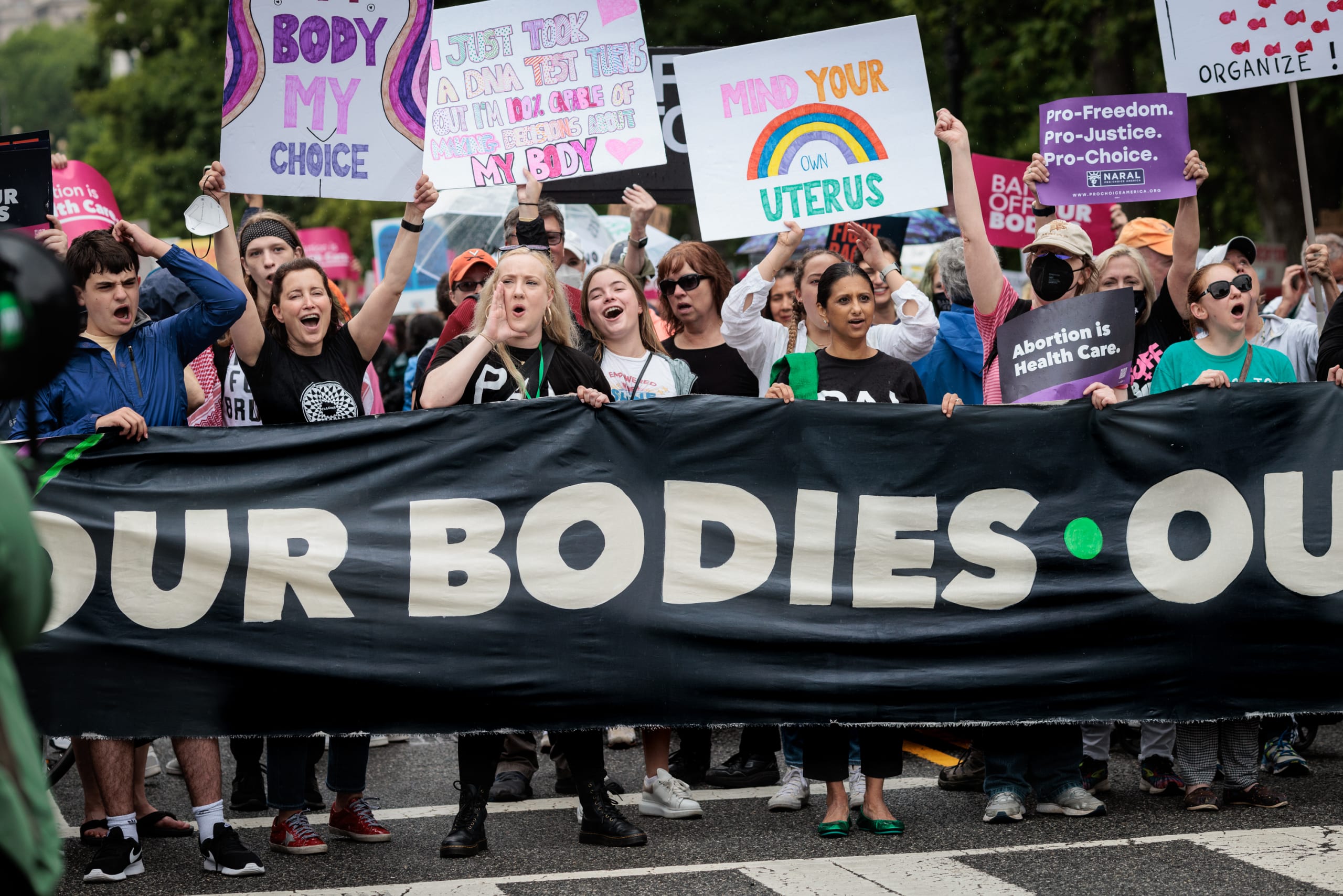
PAI is working tirelessly to build support for the bill in Congress. In 2021, we helped secure a record number of co-sponsors for its introduction in the House of Representatives. And in July of this year, for the first time, the AHCE Act was introduced in the Senate with more than 20 co-sponsors.
“For decades, the Helms amendment was simply accepted as the law of the land and seen as untouchable to many in Congress,” explains Rebecca Dennis, PAI’s associate director of U.S. policy and advocacy. “The AHCE Act is the first piece of legislation to address repealing the Helms amendment, and the remarkable level of support it has garnered in such a short amount of time is a testament to the importance of steadfast advocacy to educate lawmakers on the harms caused by policies such as this.”
Every year, more than 35 million people around the world undergo abortions in unsafe conditions — and hundreds of thousands suffer injuries as a result. Recent data suggests that permanently repealing the Helms amendment would result in approximately 19 million fewer unsafe abortions a year.
As the United States continues to move backward, ensuring that U.S. funding and policy protect and promote the health, rights and well-being of women and young people around the world will be more challenging than ever before. With you by our side, we won’t stop fighting until harmful policies like the Helms amendment are a thing of the past and the fundamental right to bodily autonomy and essential health care is a reality for all.
Banja La Mtsogolo engages government and religious leaders to advocate for safe abortion in Malawi
Content warning: This story discusses suicidal feelings.
According to Malawi’s penal code, abortion is only permitted to save a pregnant woman when her life is in danger. But, for years there was no definition of what “in danger” meant.
“Did this mean when a woman comes into a clinic bleeding? Or would this include when she wants to stay in school and might go to an unsafe provider for an abortion?” says Simeon Thodi, senior marketing and advocacy manager with Banja La Mtsogolo (BLM). “How do providers know when her life is in danger and decide whether to give her the service or not?”
In 2019, with support from PAI, BLM championed efforts to better define ― and broaden ― the circumstances under which legal abortion would be permitted.
BLM worked with the Ministry of Health to draft and eventually adopt post-abortion care guidelines. For the first time, a woman’s mental health as well as physical well-being could be taken into consideration, significantly expanding access to safe abortion care for Malawians.
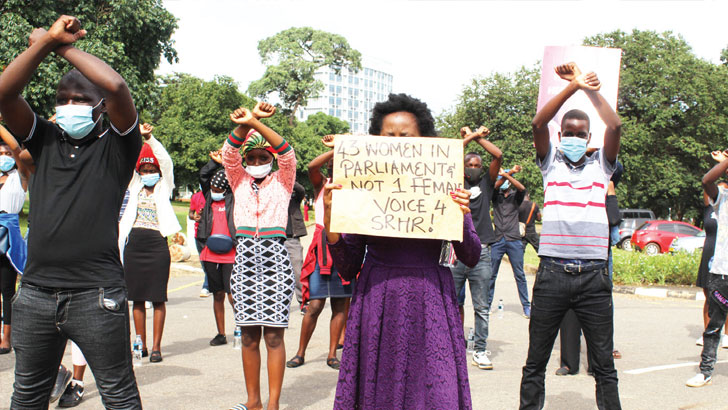
As the largest nongovernmental provider of reproductive health services ― including family planning and post-abortion care ― in Malawi, BLM knows far too well the harm caused by unsafe abortion, one of the major causes of maternal deaths in the country.
For the past five years, PAI’s flexible funding and advocacy training have helped BLM seize opportunities to expand abortion rights and access, including government advocacy, media trainings and community outreach.
Abortion advocacy is especially challenging in Malawi, where strict religious norms and influential religious leaders drive public opinion and discourse.
“Malawi is a very religious country, and these leaders are very powerful,” explains Thodi. “Their position normally becomes what the government and public will adopt, including on the issue of abortion.”
In 2019, BLM began engaging with influential Catholic, Evangelical and Muslim leaders by sharing data on the impact of unsafe abortion.
Recognizing that it takes more than statistics to move policymakers and influencers, BLM also invited a woman who had suffered devastating consequences from an unsafe abortion to share her ordeal with a group of powerful religious leaders.
Margaret Kawala was 41 years old and had just given birth to her third child when she found out she was pregnant again. She and her husband agreed they couldn’t afford another child, and she went to an herbalist to help terminate her pregnancy.
Kawala suffered severe complications from the unsafe abortion, including heavy bleeding, causing her to lose her uterus. Unable to have more children, her husband left her and she became depressed.
In an emotional account of her experience, Kawala shared how she sought spiritual guidance from her pastor, who, instead of providing comfort, began using his pulpit to condemn abortion and the people who seek it. This only deepened her despair to the point where she felt suicidal.
“By the time the meeting concluded, half of the audience was in tears,” Thodi recalls.
One attendee ― a priest who had been a vocal opponent of abortion ― would soon become a key ally in the fight for expanded access to safe abortion.
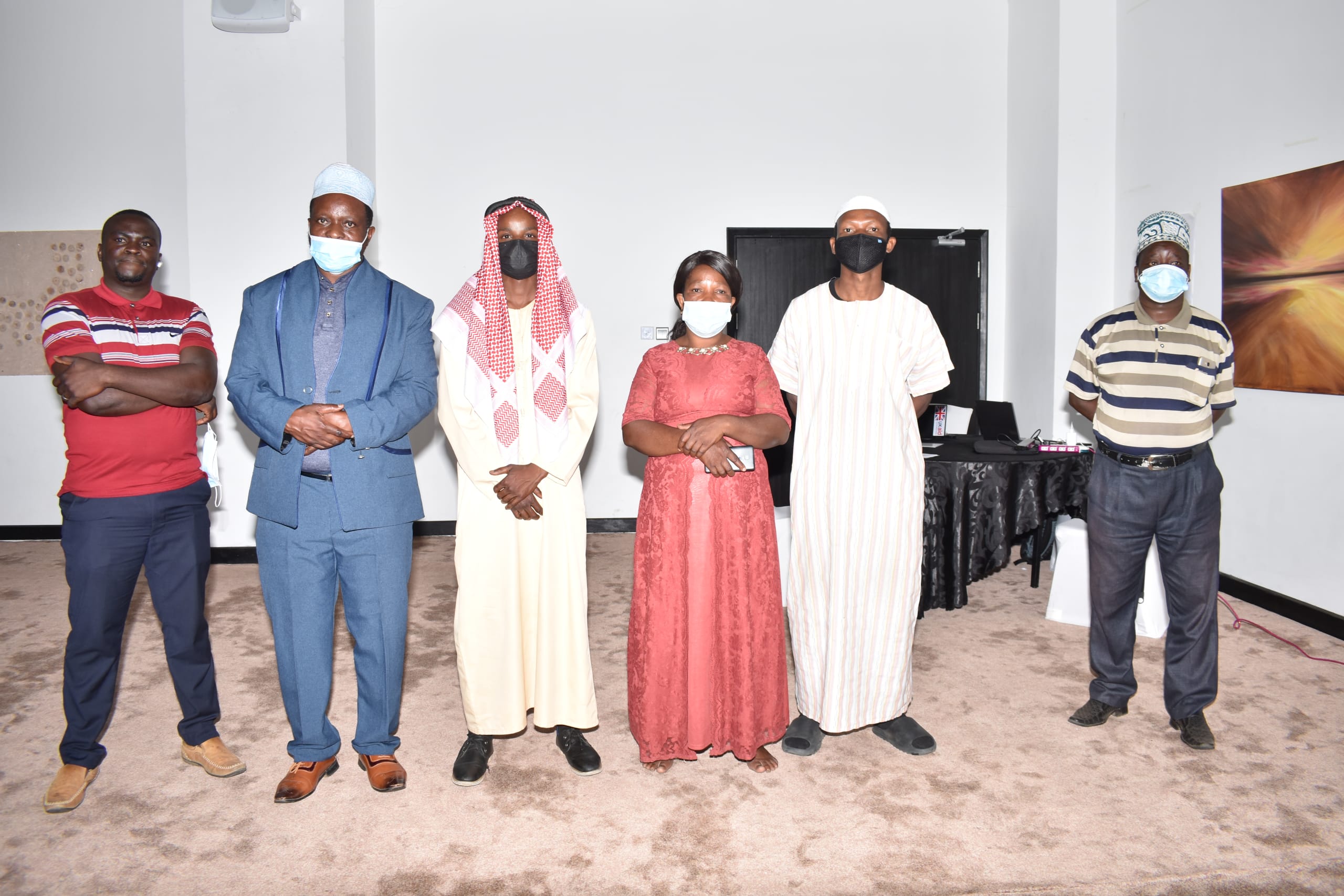
He was so moved by Kawala’s story that he asked BLM to connect him with Parliament so he could make the case for religious teachings supporting abortion access in cases of rape or incest, fetal abnormality or to prevent physical or mental harm to the woman.
Despite the progress made in recent years, Malawi continues to have some of the most restrictive abortion laws in the world. The overturning of Roe v. Wade in the United States will likely make BLM’s work to expand access to safe abortion even harder.
“We’re hearing from our policymakers a fear that if the United States is restricting the right to abortion there and we in Malawi do the opposite and make it more liberal, we might lose the support we receive from the U.S.,” shares Thodi.
While the global implications of regressive U.S. policies are still unfolding, BLM will continue to fight for the right to safe abortion in Malawi.
As Tusekele Mwakasungula, BLM’s program manager and technical advisor, puts it, “We’ll need strategies, strong coordination and a big voice ― as well as support from partners like PAI ― to continue to advance this cause.”
Dr. Elana Blum’s steadfast — and creative — support of women’s rights
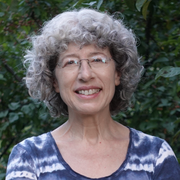
Why are sexual and reproductive health and rights important to you?
I’ve always believed in reproductive rights, but PAI taught me about the ripple effects of supporting those rights. When women control their reproductive futures, they pursue education and meaningful work. Their choices help them, their families and their communities.
Having too many people on the planet underlies so much human suffering and conflict… But historic approaches to overpopulation have not respected women’s rights (among other problems). PAI is addressing a global problem in a just, humane way, by upholding women’s rights to build families, or not, as they choose.
I always wanted my children to pursue their dreams, with the freedom to choose whether to be mothers. I’m so discouraged by what is happening in the United States right now… It’s shocking to realize that my daughters might not have options I took for granted when I was their age.
What are some of the ways you’ve supported PAI?
I’ve been a donor for almost three decades. In 2019, I became a monthly donor, thanks to technology that makes it easy!
Years ago, when I was getting married, I asked friends and family to donate to PAI in lieu of wedding gifts. Many of them did. In the process we talked about how PAI was helping women and communities, and why PAI’s work was so important to me. I was very happy to have this life event include conversations about global issues, with action through PAI.
When my children were young, I told them how PAI was working around the world so that women could pursue their dreams. Afterwards, my children asked that I send their allowances to PAI. I still have the handwritten thank you note they received for their donation!
Why have you chosen to donate to PAI for nearly 30 years?
In Hebrew, “charity” is called tzedakah, which means justness or righteousness. Tzedakah is something you do, not as an option because you’re a good person, but because it’s the right thing to do. It is part of our task of Tikkun Olam — “repairing the world” — which for me includes ensuring that women can choose if and when to bear children.
Stay informed about the issues impacting sexual and reproductive health and rights.